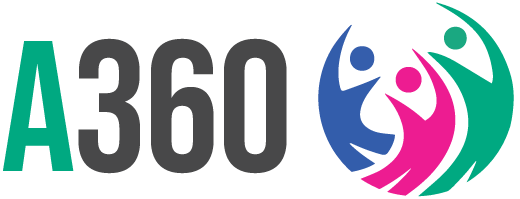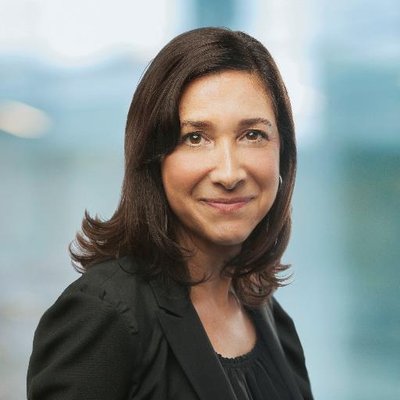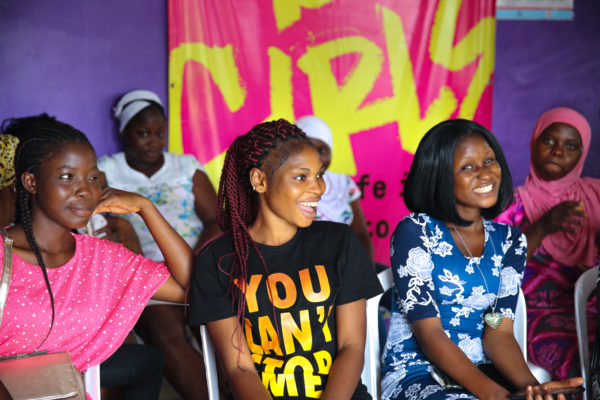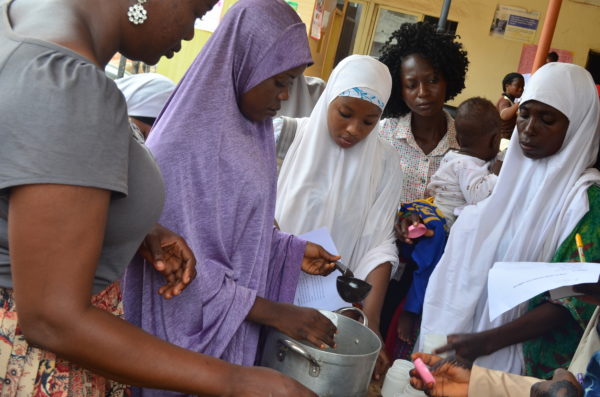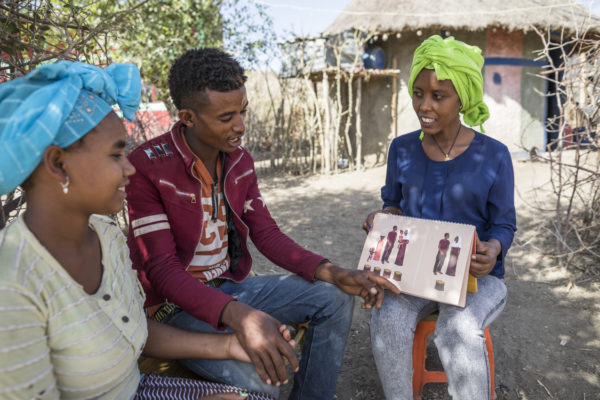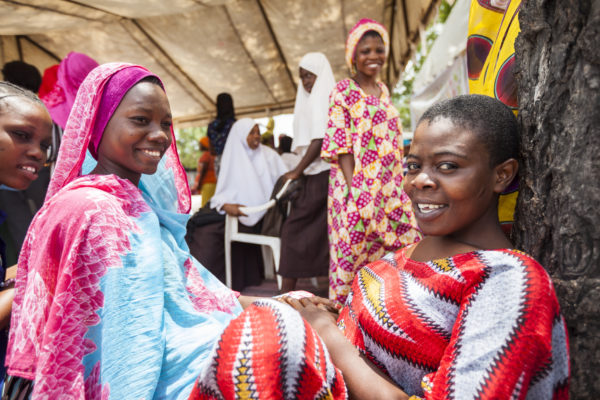There are 1.2 billion young people in the world today entering their reproductive years. As Nomi Fuchs-Montgomery says, their power drives public health impact.
Still, two in five adolescent girls aged 15-19 across developing countries will experience an unintended pregnancy. More than half of these will end in abortion.
Solving this pervading gap requires that the public health community and others recalibrate how it operates, says Fuchs-Montgomery, the Deputy Director for Evidence and Innovation at the Bill & Melinda Gates Foundation. The thread, she suggests, lies in establishing transparency—in how we work, broadening with whom we work, how we succeed and how we fail.
Nomi shares what it will take to design for an adolescent and youth sexual and reproductive health (AYSRH) revolution.
“Creating solutions with youth is not simply a nice to have. It’s a requirement for success. When I think of an AYSRH revolution, I see young people choosing from a full range of contraceptive methods that best meet their needs and preferences, where they want and from whom they want. Achieving this requires that we—public health practitioners and donors—stop determining solutions for youth and start committing to authentically listening to young people’s lived experiences.
Yet as a community, we keep repeating interventions where we have evidence that demonstrates these interventions do not provide robust enough impact. If we are serious about a revolution, we must operate differently.
Together, let’s test and share new ways of designing, without the fear of failing. Let’s establish transparency between projects so we can learn from each other in real time. Let’s work collectively to better steward resources, celebrate and learn from failures and do so in a way that cuts across our community. We must build the evidence that brings young people into the center of the story. This isn’t a project-by-project movement. It’s a cascade of passion, collaboration, investments and partnership, powering adolescents to thrive—today and into the future. When we invest now, we are more likely to see young people reach their full potential throughout their reproductive lives.”
This interview first ran in PSI’s Impact Magazine No. 23. To read the full issue, click here.
Adolescents 360 (A360) is a four-and-a-half year initiative co-funded by the Bill & Melinda Gates Foundation and the Children’s Investment Fund Foundation (CIFF). The project is led by Population Services International (PSI) together with IDEO.org, University of California at Berkeley Center on the Developing Adolescent, the Society for Family Health Nigeria, and Triggerise. The project is being delivered in Ethiopia, Nigeria and Tanzania, in partnership with local governments, local organizations, and local technology and marketing firms. In Tanzania, A360 is building on an investment and talent from philanthropist and design thinker Pam Scott.
